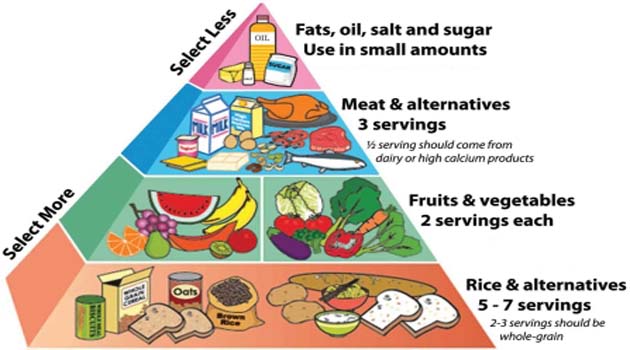NAIROBI, Kenya, Mar 8 – Recent evidence indicates that the number of overweight and obese people is on the rise in sub-Saharan Africa, with Kenya being no exception.
Overweight and obesity in sub-Saharan Africa are most common in women and specifically in the 25 – 44-year-old age group. This is most probably due to the retention of gestational weight gain; but may also be the outcome of numerous lifestyle factors, including poor dietary practices and physical inactivity.
Body mass index, or BMI, is one way to assess whether your weight is in the healthy range. The BMI combines a person’s height and weight to form a measure that can help predict their risk of developing disease. Another useful measure of determining whether you could be at risk of obesity-related chronic diseases is your waist circumference.
The World Health Organization (WHO) states that for adults, the healthy range for BMI is between 18.5 and 24.9. Overweight is defined as a body mass index of 25 to 29.9, and obesity is pegged at a BMI of 30 or higher.
Urbanization also plays a significant role in that there is exposure to a diet that veers from traditional foods to foods containing high levels of saturated fat, sodium, and added sugar and a low intake of dietary fibre. Busy work schedules make fast foods convenient to a majority of people.
Nairobi Hospital’s Nutritionist/Dietitian, Dorcas Gichuhi says the so-called modern way of life for both the affluent and middle-class groups has become more sedentary.
“Weight gain is predominantly as a result of excess caloric intake; i.e. the amount of calories ingested does not balance with physical activities. However, long-term use of steroids and people with hypothyroidism may have hormonal imbalances posing a risk to unintentional weight gain,” explained Gichuhi.
Kenya conducts a health survey every 10 years. The last Kenya Demographic and Health Survey (KDHS) of 2009 showed that the national prevalence of overweight and obesity for women (15–49 years old) in Kenya was 23%. The proportion of overweight and obese women was higher in urban areas than in rural areas, with Nairobi having the highest prevalence of 41%.
Gichuhi said: “Crash diets have become common as they promise quick results, but they are very restrictive, and may lead to anorexia, malnutrition and metabolic disorders. Very low-calorie regimens – going below 1200kcals a day are based on the false theory that the body needs help eliminating waste.”
Research suggests rapid weight loss can slow your metabolism, leading to future weight gain, and deprive your body of essential nutrients. What’s more, crash diets can weaken your immune system and increase your risk of dehydration, heart palpitations, and cardiac stress.
Diet plays a pivotal function in weight management in addition to physical exercises. “One of the principles to adopt is a lifestyle modification to include a balance plate that will have calories from different food groups and not just carbohydrates. Frequency of meals is key in maintaining a controlled portion as opposed to a heavy meal only once or twice a day,” said Gichuhi.
She pointed out that sometimes how we cook meals may be a factor in increasing our caloric intake; usually for a weight loss plan, only one item on the plate should be fried if desired while you avoid all deep-fried foods. A majority of people are able to choose a wide range of healthy foods rich in fibre but then forget to portion the meals appropriately.
Gichuhi said: “A consistent diet and workout routine is effective for people within BMI 24.9-39.9. Morbid obesity characterized by BMI above 40 may require other medical interventions in addition to lifestyle modification. Most common approaches include bariatric surgery, gastric sleeve, gastric bypass, and gastric balloon just to mention few.”
Witt the help of a registered dietitian, a personalized diet plan with dietary fibre less 25g a day, one could yield achieve a good outcome if looking to lose weight.











































